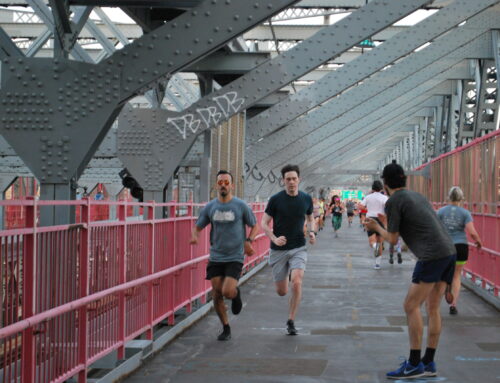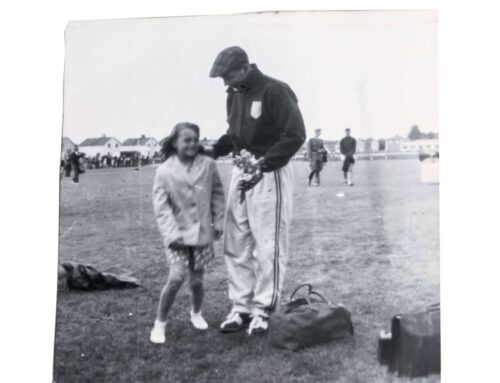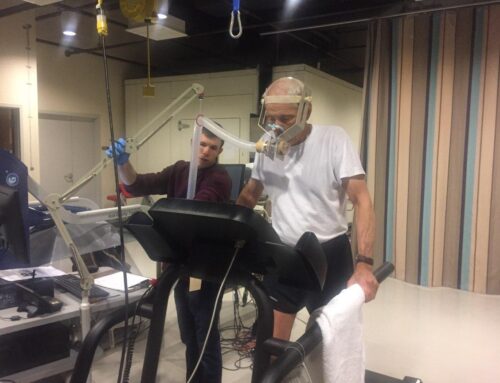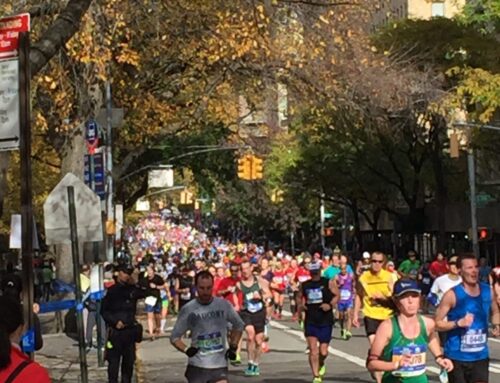Here are some tips on how to aid the recovery process immediately following a marathon race:
Nutrition
- Electrolytes. This is a very individual scenario. A short answer would be that most runners don’t need to replace electrolytes right after finishing if they are planning on eating balanced meals and snacks following the race. Most foods, especially packaged products and meals served in restaurants contain enough sodium to equalize any potential electrolyte imbalance. However, if you have an extreme craving for salt then you need drink or eat something that contains sodium. This could be your body’s warning that your electrolytes are out of balance. The human body actually has a great electrolyte regulatory system and it is always important to listen to extreme cravings for salt or water.
- How much to drink? It would be best to be able to weigh yourself immediately after the race to get an idea of how much weight you have lost due to fluid loss throughout the marathon. Ideally, you would want to try to replace all your fluid loss within a few hours of finishing. One pound = 16 ounces of water. However, if you are not able to weigh yourself it is best to start sipping on fluids immediately after finishing. Thirst is usually (but not always) the best dictator of how much water you need to replenish. If you are still thirsty 3-4 hours after the marathon, keep drinking. It is more beneficial to sip on water or fluids consistently throughout the day rather than guzzling a lot and waiting and hour then drinking more. If you drink too much at once it is less likely that your body will retain the water.
- What type of fluids? Immediately after the race (around 30 minutes) it is ok to drink some sort of sports drink (Hammer, Cytomax, Gu20, juice, Powerade, Gatorade, etc.) along with water. After the initial 30 minutes after finishing, just drink straight water and eat solid food to replenish your glycogen stores. Avoid drinking sports drinks or juice throughout the day because the excess sugar will be unnecessary at that point in recovery.
- What to eat? After finishing an important race most athletes want to kick back and eat a lot junk food. However, the 24-48 hours after a marathon is the most crucial time to focus on giving your body plenty of healthy foods for proper recovery. You have given your body a substantial beating over the 26.2 miles and it is very important to give it the tools and nutritional building blocks that it needs to begin repairing damaged tissues. It is fine to eat a modest amount of unhealthy food (such as one piece of cake or a beer) but focus on getting in healthy and balanced meals if your goal is fast and proper recovery.
- What not to eat? After finishing a long hard race, you want to do as much as possible to decrease the amount of inflammation in your body. From a nutritional standpoint, it is best to avoid excess sugar, refined, simple carbohydrates (food made with white flour) and alcohol.
Ice Baths
- Why? Ice baths help reduce inflammation. This will help reduce post marathon soreness as well as increase recovery time.
- When? Try to get in your ice bath as soon after the race as possible. Getting some food in your system is top priority. The ice bath should come shortly after.
- How long? The ice bath should last about 10 minutes. Make sure the water is cold enough to get the desired effect, but not so cold you can’t stand to be in the tub. The water should be about waist deep and you should go numb after about 2 minutes. If you’re still feeling the “pins and needles” sensation after 2 minutes the water is likely too cold.
Stretching
- When? During the evening after your marathon you should do some very light stretching. Make sure you’ve completely warmed up from your ice bath prior to doing this.
- What type? We recommend active isolated flexibility. Make sure you keep it very light, only hold each stretch for around 2 seconds and very gently assist each stretch where applicable.
Run your best marathon with a custom training plan, designed by Dr. Jack Daniels.





Leave A Comment